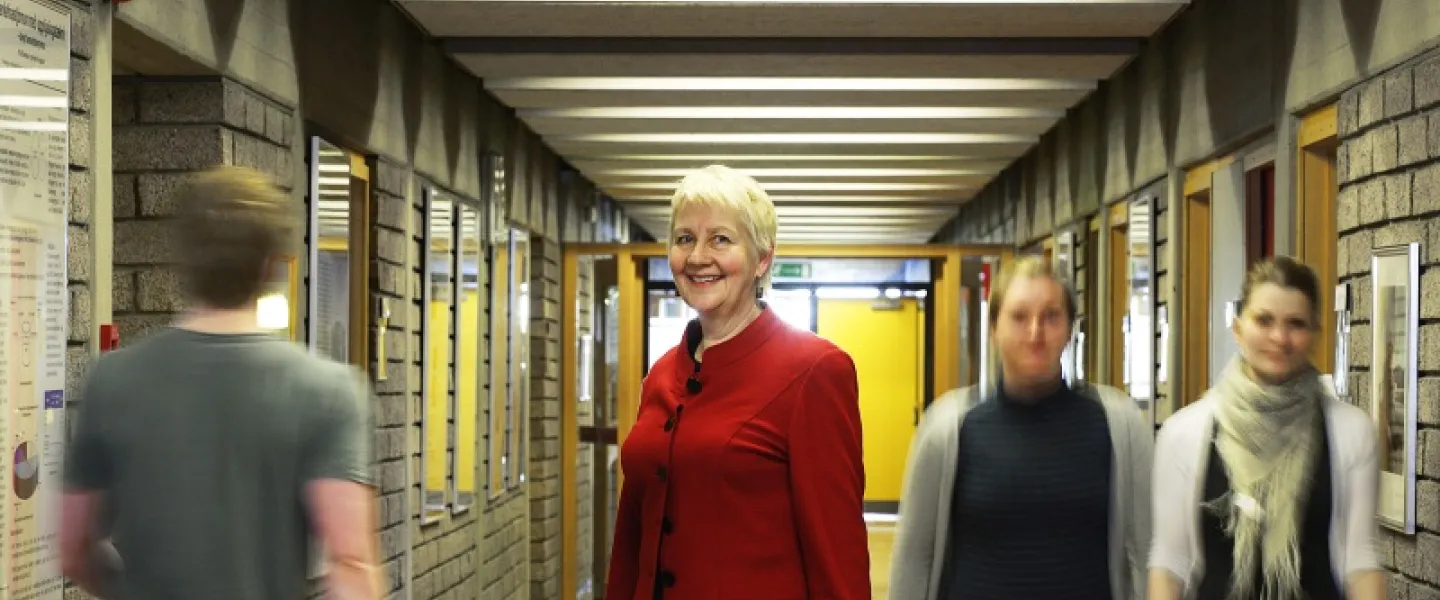
Kristin Vala Ragnarsdottir Professor at the Faculty of Earth Sciences has with colleagues obtained funding of 3.2 million Euros to train 12 PhD students. The training programme will contribute to developing new economic thinking based on knowledge of global resource availability.
The Adaptation to a New Economic Reality (AdaptEcon) project is divided into three research themes: (1) Sustainable resource management; (2) Integrated economic systems assessment; and (3) Integrating society and economics.
The training program is a Marie Curie Initial Training Network of the European Commission where students get joint degrees from two participating universities. Collaborating Universities are the University of Stockholm, Sweden and University Blaise Pascal, Clermont Ferrand, France. Also participating in the project are New Economics Foundation, London; Schumacher Institute, Bristol; Swedish National Defence College, Stockholm; Wuppetal Institute, Berlin and Organization for Research in Business Economics, Osnabrück.
Collaborators of Kristín Vala at the University of Iceland are Harald Sverdrup, Professor at the Faculty of Industrial engineering, mechanical engineering and computer science and Brynhildur Davidsdottir, Professor of Environment and Natural Resources, Faculty of Economics and Faculty of Life and Environmental Sciences. The project starts December 1, 2015.